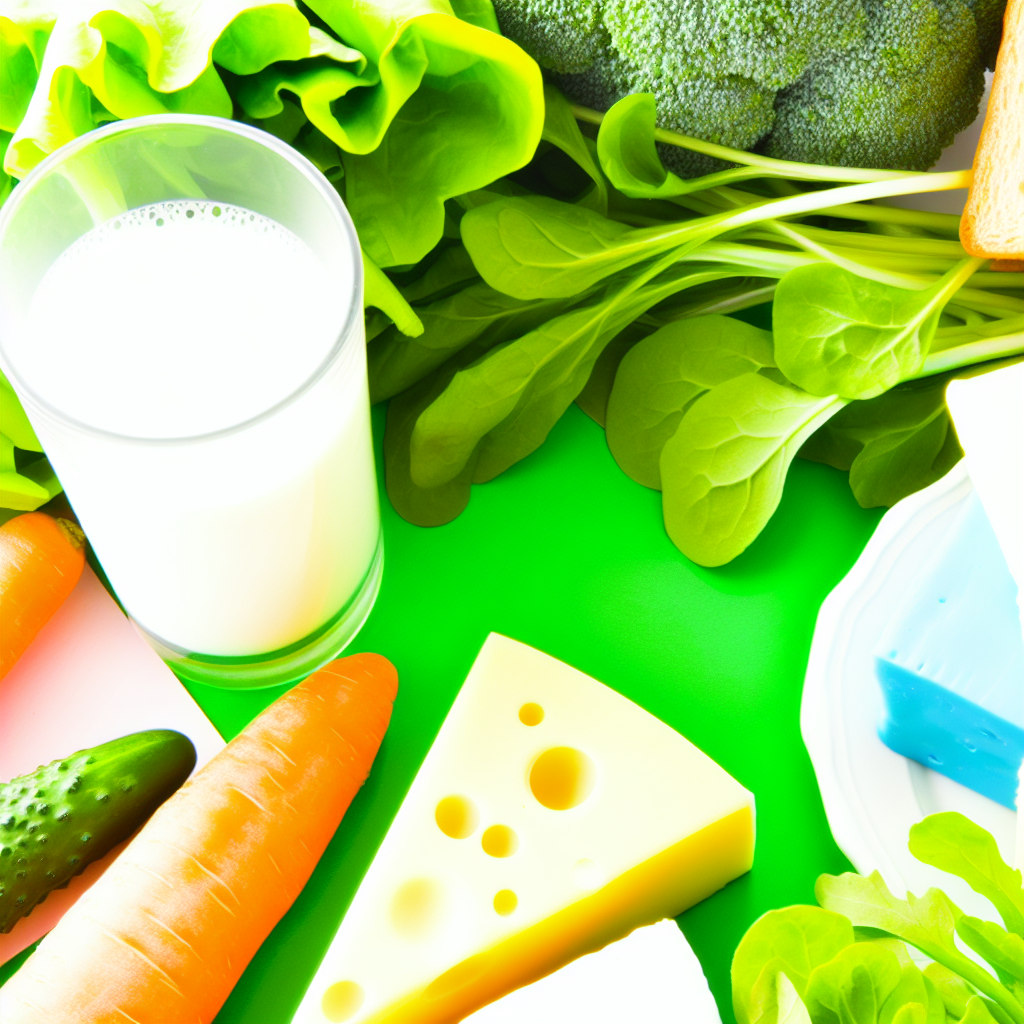Vitamin B2, better known as riboflavin, may not be the most talked-about nutrient, but trust me, it's key to your body’s ability to function at its best. This versatile vitamin plays a behind-the-scenes role in energy production, tissue repair, and maintaining healthy skin and eyes. Yet, it’s often overlooked—even though your body can’t store it, meaning you need a consistent intake through food or supplements.
In this guide, we’ll explore why Vitamin B2 is essential, the top foods that pack it in, how to spot deficiency symptoms, and whether supplementation is the right move for you.
What Is Vitamin B2 and Why Is It Vital to Your Health?
Vitamin B2, scientifically known as riboflavin, is one of the eight B vitamins that contribute to your body’s energy production and overall health. Think of it as the spark plug for your cells, helping them convert the carbs, fats, and proteins from your meals into usable energy.
But that’s just the beginning. Riboflavin plays a key role in supporting healthy skin and hair, protecting your eyes, and boosting antioxidant defenses by reducing oxidative stress. In short, Vitamin B2 works tirelessly in the background to help you look and feel your best every day.
The Top Benefits of Vitamin B2 for Your Body
Riboflavin contributes to a variety of important functions, making it a nutrient you don’t want to neglect. Here’s a closer look at its main benefits:
1. Energy Production That Keeps You Going
Ever feel as though you’re running on empty, even after eating a full meal? Vitamin B2 ensures your body efficiently turns food into energy. Without it, your cells can’t metabolize carbs, proteins, and fats properly, which can leave you feeling fatigued and run-down.
2. Healthier Eyes, Sharper Vision
If your screen time is as high as mine, you’ll appreciate riboflavin’s protective properties. This vitamin helps reduce oxidative stress in your eyes and may even lower your risk of cataracts as you age. Studies show that riboflavin is essential for maintaining long-term eye health.
3. Happy, Radiant Skin
Riboflavin is like a personal assistant for your skin—it aids tissue repair, reduces inflammation, and promotes healthy cell growth. If you struggle with cracked lips, dry skin, or acne, Vitamin B2 might be part of the equation.
4. Fighting Free Radical Damage
Riboflavin helps your body fight free radicals, those harmful molecules that accelerate aging and contribute to chronic conditions. By supporting antioxidant processes, Vitamin B2 acts like a protective shield for your cells, reducing oxidative stress and inflammation.
5. Managing Migraines Naturally
Do you experience migraines? Riboflavin has shown promise in reducing the frequency and severity of headaches in some individuals when taken consistently, offering a natural approach to relief.
Where to Find Riboflavin: Vitamin B2-Rich Foods
The great news? Riboflavin is readily available in both animal-based and plant-based foods, making it easy to incorporate into your diet.
Animal-Based Sources
- Eggs: A breakfast favorite that’s full of riboflavin.
- Dairy: Milk, yogurt, and cheese (especially cheddar) provide a steady supply of Vitamin B2.
- Organ meats: Liver might not be for everyone, but it’s one of the richest sources of riboflavin.
Plant-Based Sources
- Leafy greens: Spinach, kale, and broccoli pack plenty of riboflavin and other nutrients.
- Mushrooms: Portobello and shiitake are flavorful options to boost riboflavin intake.
- Almonds: These nutrient-dense nuts are a great, on-the-go source of riboflavin.
Fortified Foods
In addition to natural sources, many cereals, breads, and pastas are fortified with riboflavin to help consumers meet their daily needs. If you're vegan or vegetarian, fortified foods can be especially helpful.
Pro Tip: Riboflavin is water-soluble and sensitive to heat, so try steaming vegetables instead of boiling to preserve its nutritional content.
Signs and Symptoms of Vitamin B2 Deficiency
Vitamin B2 deficiency isn’t common, but certain groups—including pregnant women, individuals with poor diets, and those with conditions like Crohn’s disease—may be more at risk. Here are some signs to watch for:
- Cracked lips or sores at the corners of your mouth.
- Dry, irritated skin or inflammation, often in areas like the nose or forehead.
- Fatigue due to inefficient energy production.
- Sore throat or inflamed tongue, often swollen or red.
- Eye sensitivity or blurred vision caused by oxidative stress.
If you suspect you’re deficient, don’t wait—contact a healthcare provider for proper diagnosis and treatment recommendations.
Should You Supplement Vitamin B2?
For most people, a balanced diet provides enough riboflavin. However, certain situations may call for supplementation. Riboflavin supplements are often recommended for:
- Pregnant women: Extra riboflavin can support fetal development.
- Migraine sufferers: Riboflavin supplementation has been linked to fewer headaches in some individuals.
- Individuals with absorption issues: People with conditions like Crohn’s disease may struggle to get adequate riboflavin.
Daily Recommended Intake
According to health guidelines, the daily recommended intake for Vitamin B2 is:
- Adults: 1.1–1.3 mg/day
- Pregnant women: 1.4–1.6 mg/day
- Children: 0.3–1.0 mg/day (depending on age)
Though riboflavin supplements are generally safe, excessive intake can result in harmless bright yellow urine. Always consult a healthcare provider before starting supplements to ensure proper dosage.
Conclusion
Vitamin B2 might not grab headlines, but its importance can’t be underestimated. From fueling your energy levels to keeping your skin radiant and your eyes protected, riboflavin is an all-around MVP for health.
By eating riboflavin-rich foods like eggs, spinach, almonds, and dairy—or opting for fortified options—you can meet your nutritional needs naturally. And for those dealing with migraines or pregnancy-related demands, supplementation can provide an extra boost.
Give Vitamin B2 the attention it deserves, and you’ll likely feel the difference in your energy, vision, and overall vitality. It’s time to let this unsung hero of nutrition have its moment to shine!
